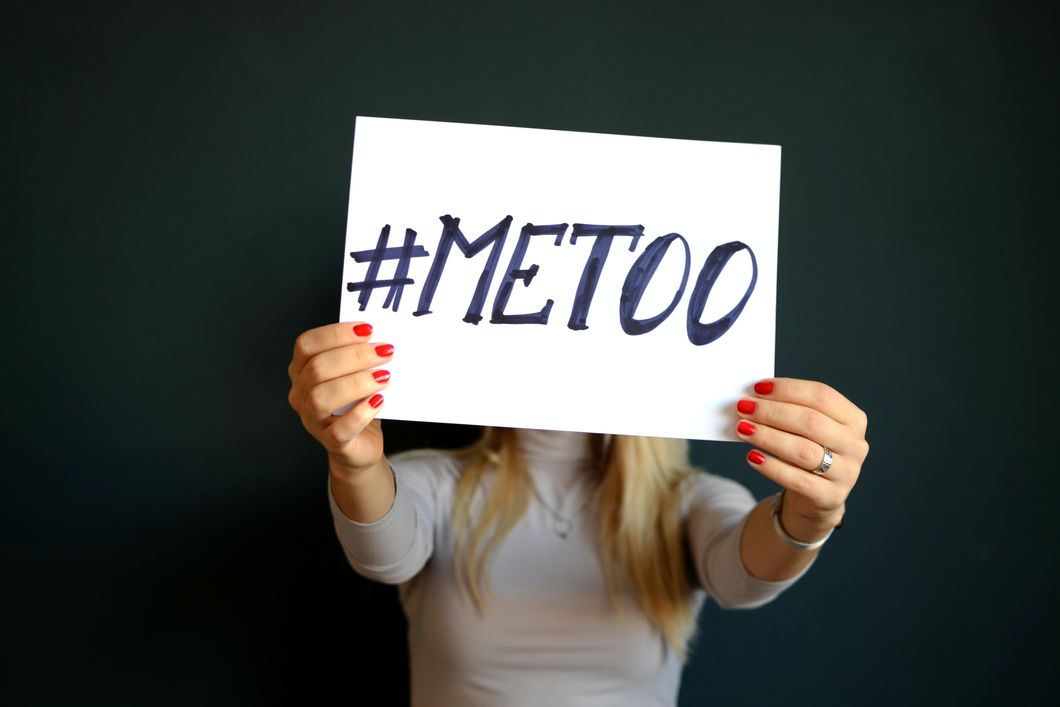Content Warning: This article contains mentions of sexual assault.
April is sexual assault awareness month, which means it's time to reflect on the ways sexual violence affects us in our every day lives. As a survivor, ending the stigma around talking about sexual assault is critical. Being able to talk about such a sensitive subject is the only way we can work to build a society that ends sexual violence. If you don't think this applies to you---I guarantee you know someone who has survived sexual harassment and/or assault.
1. Sexual Assault occurs every 73 seconds in America.
According to the Rape, Abuse & Incest National Network (RAINN), an American is sexually assaulted every 73 seconds. Before you finish reading this article, a couple individuals will become survivors of sexual assault. This is not okay.
2. Most survivors are assaulted by someone they know.
Several studies have found that more than half of all survivors reported knowing their abuser prior to the assault. This defies the myth often portrayed in Hollywood films that survivors are attacked by strangers.
3. 90% of rape survivors are female.
This is solely based on what is reported---and we must remember that most cases go unreported. Men who experience sexual assault face just as much silence and stigma as female survivors---if not more. However, these statistics still show the fear that women carry in their every day lives.
4. 8% of reported assaults occur on college campuses.
Imagine how many assaults go unreported. Imagine how many people have had the worst day of their life in the same dorm or sorority/frat house as you.
5. It is never the survivors fault.
No matter what the survivor was wearing, where they were, or whether they were under the influence justifies being assaulted.
If you have experienced sexual assault, remember that you are not a victim. You are a survivor. Your story is valid and deserves to be heard, whenever you are ready. Our systems for reporting are flawed and often terrifying. If you don't want to report---you don't have to. Wherever you are in your recover, I wish you healing. With our stories, we can end sexual violence.
For more resources/information, visit RAINN or contact your university for a listing of confidential/nonconfidential resources.











